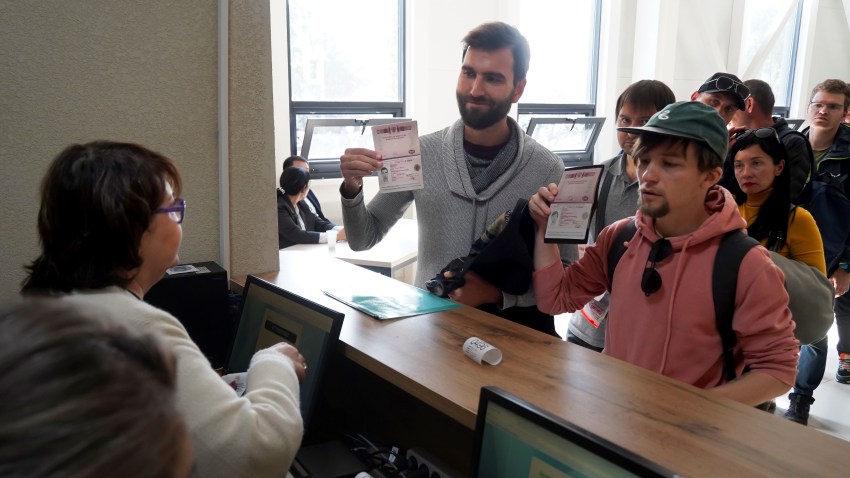Since Russia’s invasion of Ukraine, two successive waves of Russian “war refugees” have descended upon countries in Central Asia and the Southern Caucasus. Estimates vary, but it is safe to say over 200,000 Russians left the country in the first few weeks after the invasion, consisting mostly of well-educated professionals and intellectuals opposed to the war. The second wave came in September, after the partial mobilization of Russia’s draft-eligible reserves, and included mostly younger, lower-skilled Russian males looking to avoid being sent to Ukraine.
The response from the receiving countries to date has been mixed, ranging from a welcoming attitude to downright hostility. On one hand, the presence of skilled Russian IT professionals is a boon for growth. On the other, the influx of wealthier Russian consumers is pushing up prices and forcing locals out of overheated housing markets, stirring up resentments that regional governments will have to manage carefully.
Many in the first wave of Russian emigres were fortunate to be moved by their employers. About a quarter of those who fled settled in Georgia, while about 15 percent went to Armenia, both attractive migrant destinations because of their relaxed visa rules. Nearly half of those who left Russia in that first wave work in computing and IT, with the arts and culture also highly represented.

